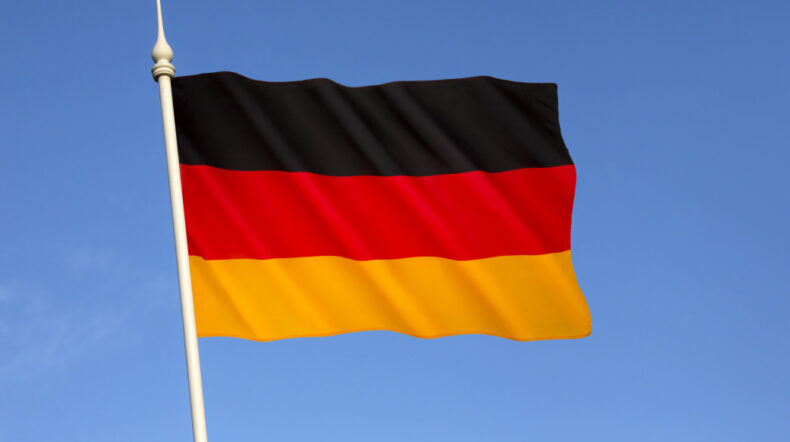
Establishing a new company in Germany is a goal many aspiring entrepreneurs have. It is the country that offers a huge market with millions of consumers. This is mainly thanks to its incredibly strong economy. In contrast, they have made it rather affordable for companies to form.
In order to help you evaluate your opportunities, we are going to do our best to explain the business entities you can choose from in Germany.
Company with Limited Liability (GmbH)
Among entrepreneurs, it is widely popular to go for the GmbH among company types. This is one of those company forms that doesn’t hold its shareholders responsible in case it is in debt.
It doesn’t require more than one shareholder either. If you want to set up a GmbH by yourself, you can do so. All you need is a notarial agreement between your company and its shareholders and a minimum share capital of €25,000.
At the point when your business gets registered at the Handelsregister or the Register of Companies in English, it becomes legally acknowledged. Then, the name you give to the company should reflect the main purpose of it. Another alternative is to include the name of the shareholders in it.
Either way, it must contain the “mbH” abbreviation as well. As a GmbH you can either appoint yourself as the director (Geschäftsführer) or appoint any of the other shareholders to the position. As a managing director, this person will represent the company.
Your GmbH is not going to exist with a certificate at hand and neither it is going to be available for stock exchanges. Using properly notarial documents, a company of this type can still be transferred.
Public Limited Company or Joint-Stock Company (AG)
This type of company requires you to assign one person as the only shareholder. Unlike a GmbH, an AG can be quoted in stock exchanges by free choice. This requires double the share capital, making it a minimum of €50,000.
A notary is going to be needed for your AG in order to obtain an article of association. This company type also has to be listed in the Register of Companies in order to become legal. AG is the abbreviation of “Aktiengesellschaft” and it has to be included in the name of your business.
Instead of a single managing director, an AG needs a whole director board. In German, this is called „Vorstand” and its function is to manage the whole company. Assigning a directorate is also mandatory, who is going to be the one to establish a director board and to be held responsible for it.
The main theme for the shareholders here is to hold regular meetings as a mechanism to maintain the company.
Mini-GmbH or AnUnternehmergesellschaft-UG
If you want to establish a Mini-GmbH, €1 of capital is all you need. Although this is the minimum, you can go up to $25,000 and you have your own regular corporation.
The reason why this became widely popular is because international entrepreneurs can actually build a strategy on this model. Starting with such a low investment is not always a disadvantage. You can turn it into a great opportunity to grow your business in Germany.
A GmbH requires you to set aside a quarter of your annual profit and turn it into capital reserves. This liability is lifted once your reserves reach the $25,000 mark. Then, you can turn your UG (or Mini-GmbH) into the GmbH we have talked about on the top of our list.





